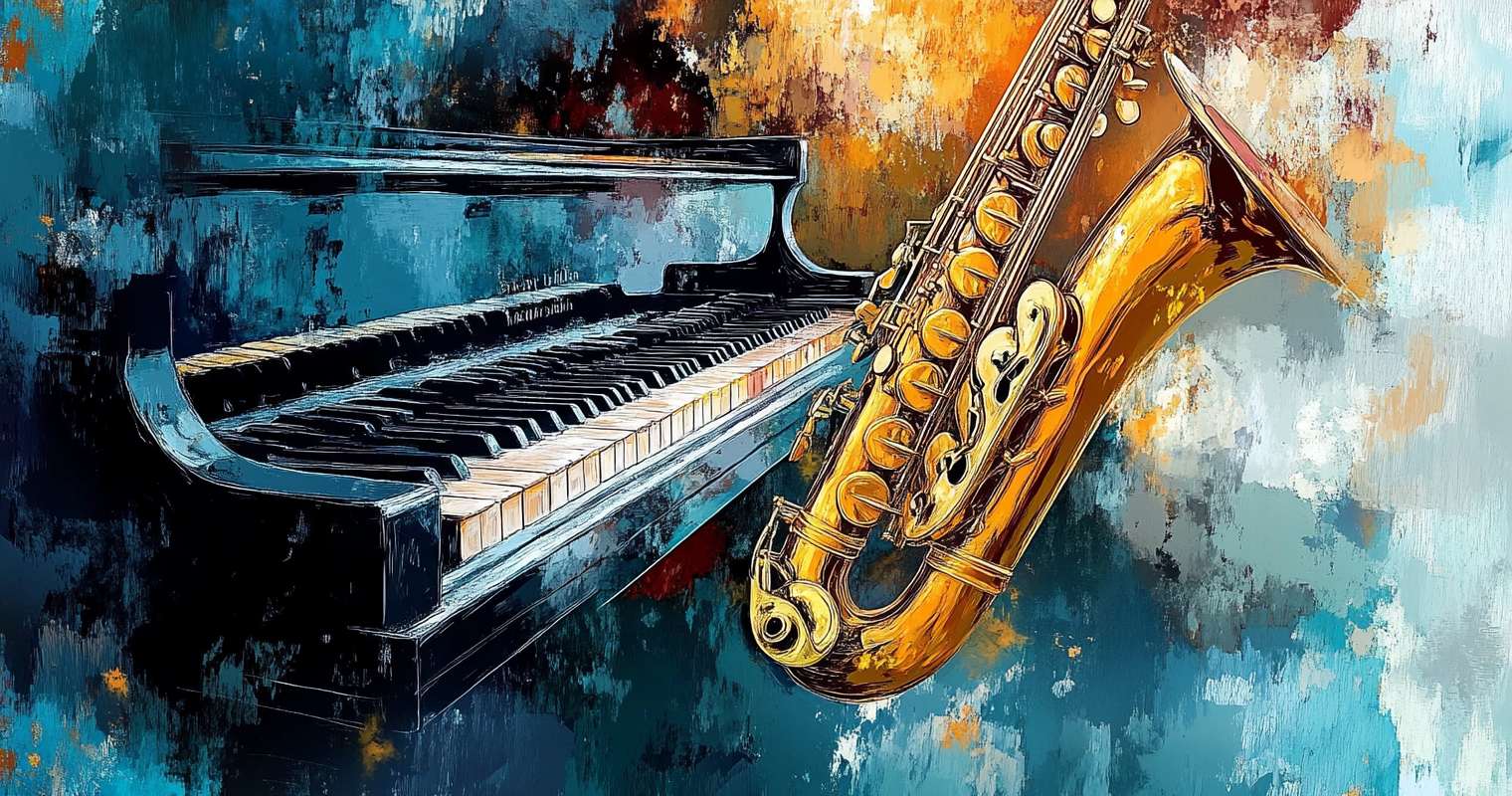WordPress database error: [You have an error in your SQL syntax; check the manual that corresponds to your MariaDB server version for the right syntax to use near ')' at line 3]SELECT quiz_id, question_id, answer_array, question_answer_info, question_type_new, question_settings
FROM lmw_mlw_questions
WHERE question_id IN ()
Have you ever found yourself enchanted by the melodies of a piano, the strum of a guitar, or the beat of a drum? Our “What Instrument Should I Play Quiz” is designed to help you uncover your musical destiny. This engaging quiz will guide you through a series of questions, each tailored to reveal your unique musical preferences and strengths.
You’ll discover which instrument aligns with your personality and interests. Whether you are drawn to the elegance of the violin or the vibrant energy of the saxophone, this quiz will point you in the right direction. By the end, you’ll have a clearer idea of the instrument that suits you best.
Participating in this quiz will not only be fun but also insightful. It will shed light on your hidden talents and preferences. You might even find a new passion you hadn’t considered before. So, are you ready to embark on a musical journey? Take the quiz now and find out which instrument you were born to play!

What Instrument Should I Play – FAQ
Learning to play a musical instrument offers numerous benefits, including enhanced cognitive abilities, improved memory, and better coordination. It can also be a great stress reliever and a way to express creativity. Furthermore, playing an instrument can boost self-esteem and provide a sense of accomplishment.
The amount of practice required varies depending on the instrument and the individual’s goals. However, a general guideline is to practice for at least 20-30 minutes daily. Consistency is key. For those looking to achieve a higher level of proficiency, more intensive practice sessions may be necessary.
There is no definitive “best age” to start learning a musical instrument, as it largely depends on the individual. Many experts suggest that early childhood, around ages 5-7, is an ideal time to start, as children are highly receptive to learning new skills. However, it is never too late to begin, and adults can also successfully learn to play an instrument.
While knowing how to read music can be beneficial, it is not always necessary to play an instrument. Many musicians play by ear and learn through repetition and practice. However, reading music can provide a deeper understanding and open up more opportunities for learning different pieces and styles.
When choosing an instrument, consider factors such as personal interest, the sound of the instrument, and its physical demands. It’s also essential to think about the availability of teachers and resources for learning. Additionally, cost and maintenance should be taken into account. Ultimately, select an instrument that excites and motivates you to practice and improve
